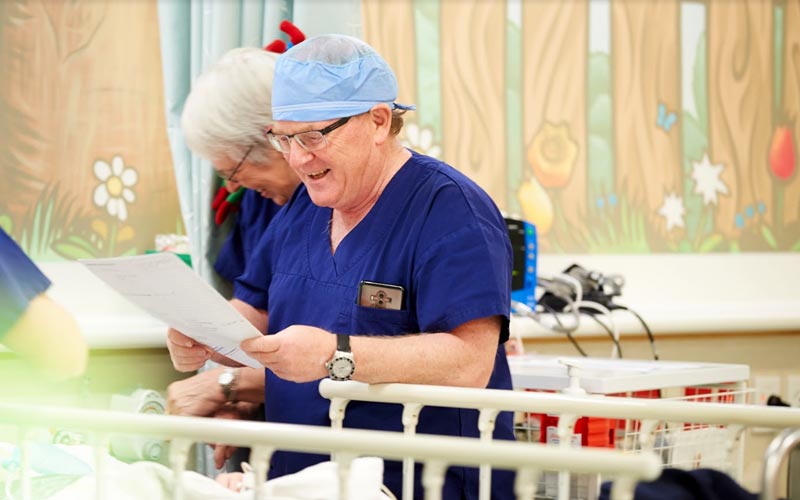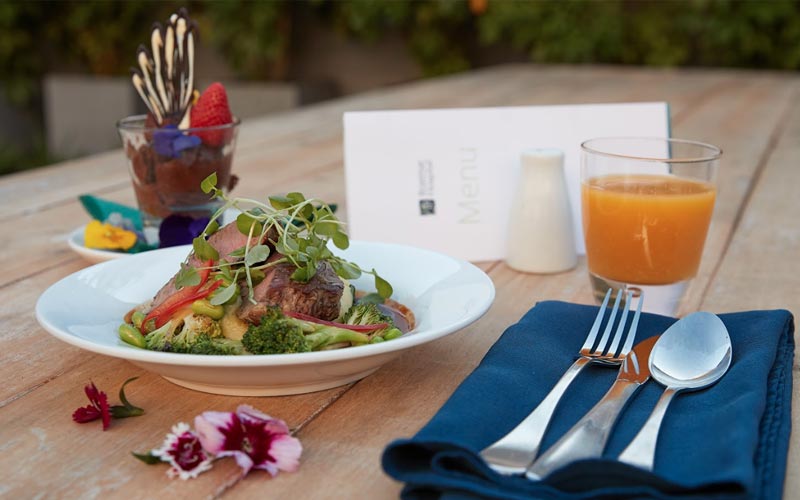Children
At Braemar Hospital we welcome children.
Please make sure that your child’s favourite toy or blanket comes to hospital as well. A buggy is sometimes useful for younger children to be able to comfortably move out of their rooms, as they are able.
In many cases, it will be possible for you to accompany your child to theatre and stay with them up until they are asleep.
As soon as your child is awake in Recovery we will contact you so that you can be with them. We find that parents and children benefit from this process.
At Braemar Hospital we have a great selection of toys and books available, dedicated children’s playroom, and also a few iPads with movies, games and books. Ask your nurse to arrange for these to be available.
A children’s menu is also available to tempt smaller appetites, and we never run out of ice cream and jelly.
If there is something else that you feel would make your child’s stay more enjoyable, please don’t hesitate to ask.




